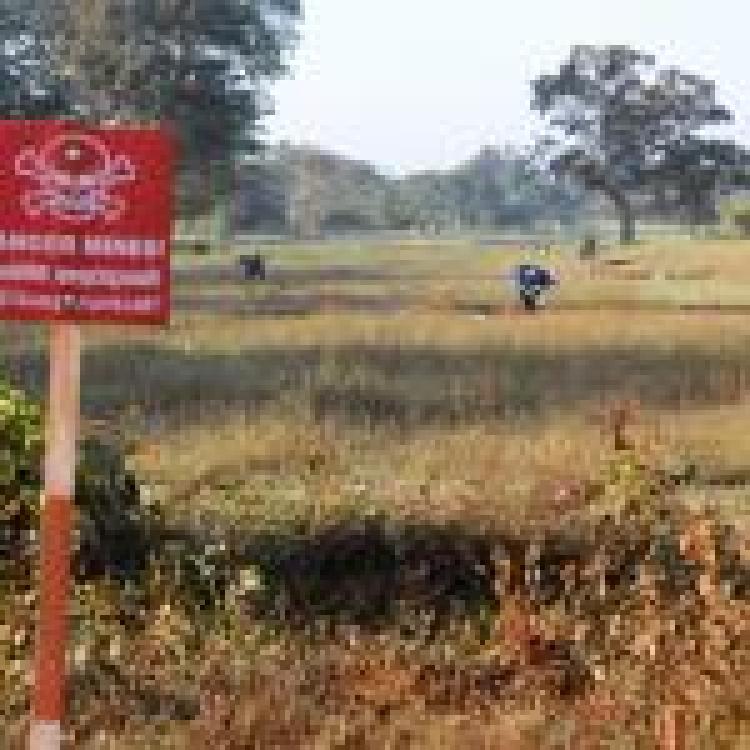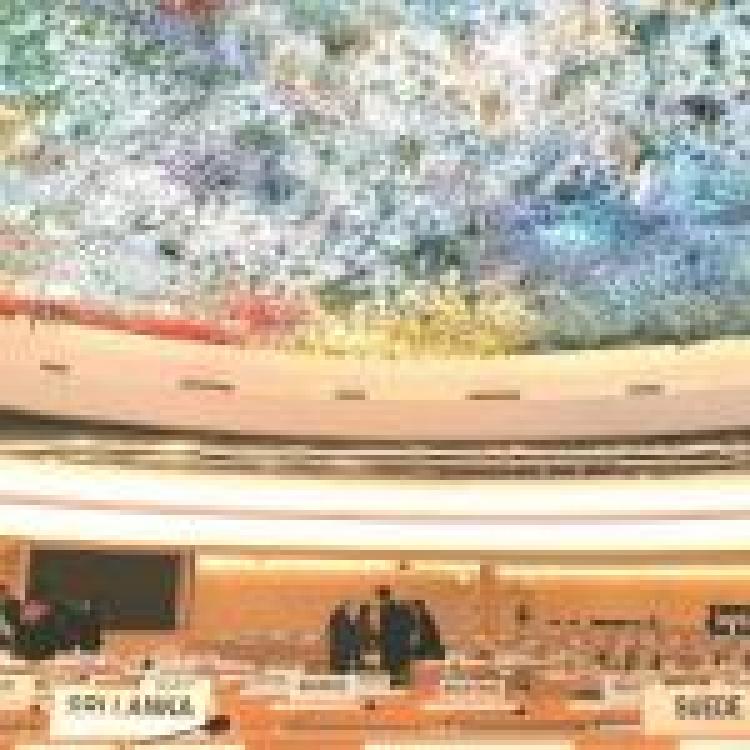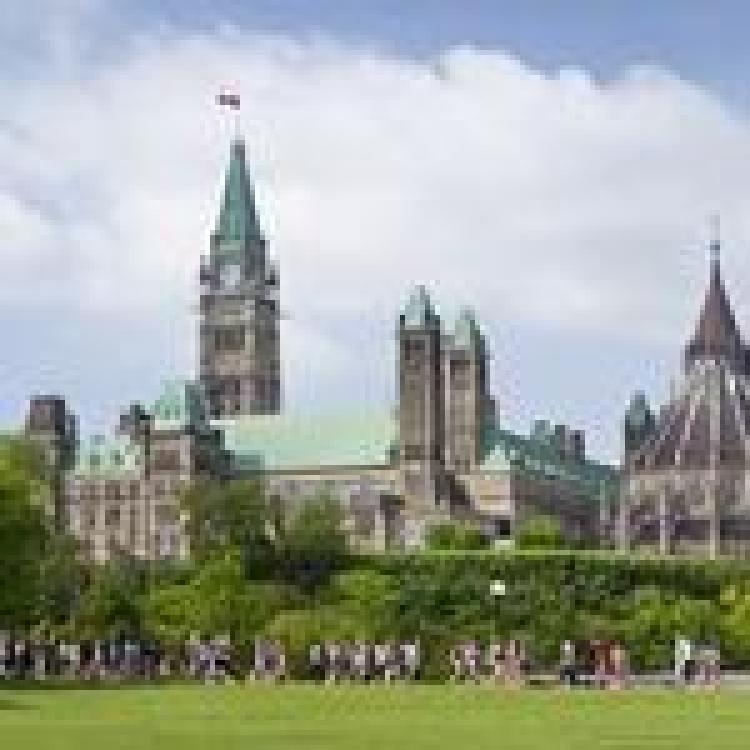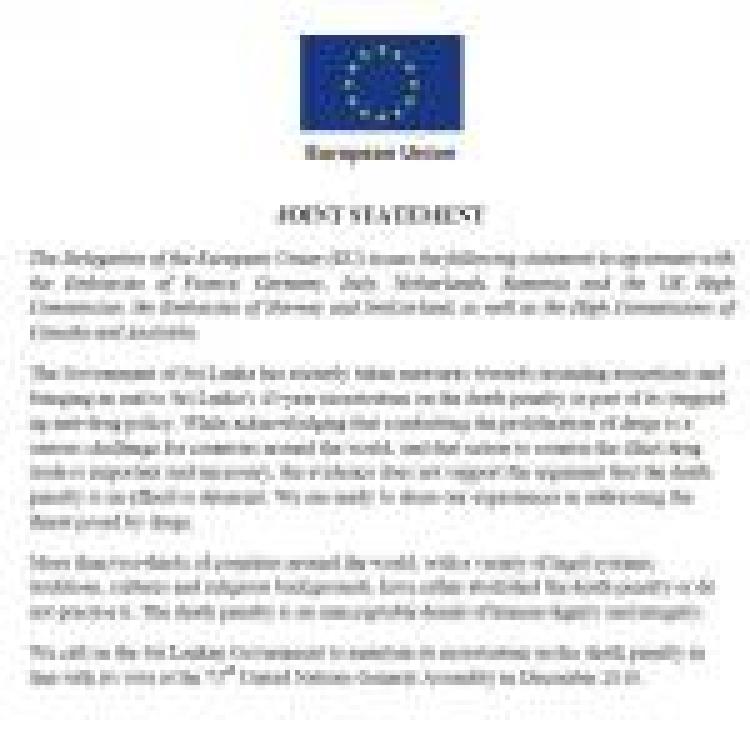
Canada’s Prime Minister Justin Trudeau is coming under fire for temporarily suspending US border crossings and releasing detained migrants who are exposed to a greater risk of the coronavirus by Canada’s migration policies.
Canada continues to detain 64 migrants as of 1 April, many within maximum-security jails, where social distancing is an even greater challenge, reports Human Rights Watch (HRW). It should be noted that the detention of migrants is not based on a criminal conviction but in many cases simply their immigration status.
Migrants are often placed in maximum-security prisons where many develop mental health conditions and they do not have access to rehabilitative services. The period of detention can be incredibly stressful and traumatic, especially for asylum seekers. This is not to mention the devastating impact of coronavirus.
HRW reports that some migrants who have been released have tested positive for the coronavirus. They have subsequently called on Canada to be “transparent about presumptive and confirmed cases of COVID-19 within detention facilities”.
HRW notes similar concerns held by international bodies such as the UN Subcommittee of Prevention of Torture and the Council of Europe’s Commissioner of Human Rights who have similarly called for the release of detained migrants.
This statement follows the worrying announcement from Canadian Prime Minister Justin Trudeau that the US and Canada would temporarily restrict non-essential border crossings. Canada’s Association of Refugee Lawyers (CARL) has expressed dismay at this as it poses a significant impediment to refugees.
In a press release CARL stated;
“We simply did not have to choose between tackling the pandemic and upholding human rights: we can and should do both.”
CARL urges the Canadian government to reconsider its border policy and HRW has called for a “more systematic approach” towards the release of detained migrants.








